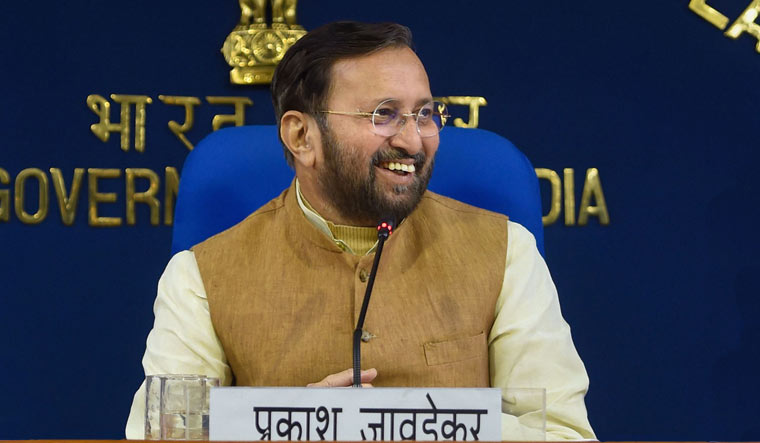The government has formed a high-level inter ministerial committee to for the implementation of the Paris Agreement on climate change, 2015. The formation of the Apex Committee for Implementation of Paris Agreement (AIPA) was notified last week.
Formed under the aegis of the Ministry of Environment, Forests and Climate Change (MOEFCC), the purpose of the committee is to generate a coordinated response on climate change matters that ensures India is on tract towards meeting its obligations under the agreement. India's obligations were declared under the nationally determined contributions (NDCs) that India had submitted.
The committee will comprise senior officers from 14 ministries, who will oversee the progress in the implementation of these NDCs and receive periodic information updates to monitor, review and revisit climate goals, said the MOEFCC. The committee will also operate as a national authority to regulate carbon markets in India under Article 6 of the Paris accord, formulae guidelines for consideration of projects of activities under Article 6, issue guidelines on carbon pricing, market mechanism and other similar instruments that have a bearing on climate change. It will also take note of private sector contributions and those of multilateral agencies in the field of climate change.
ALSO READ
- Jeddah to Pakistan's Turbat and Israel, world's hottest places | Top 10
- World Earth Day 2024: 10 things you need to know about climate change
- European court hands down mixed rulings on 3 cases seeking to force countries to meet climate goals
- 'Global climate crisis and the global water crisis are two sides of the same coin'
The year 2021 marks the beginning of the implementation of the Paris Agreement. Constituting the AIPA is central to India's commitment towards the agreement. The Paris Agreement was a landmark in climate change championing, the document was agreed upon after the personal intervention of former US president Barack Obama, who appealed to Narendra Modi to step down from India's stance on historical responsibility. India has been a champion of the argument that since the developed countries have been polluting the world for nearly 200 years more than the developing nations, the former has a 'historical responsibility' to do more than others in mitigating climate change.
The western world wasn't keen to be saddled with a legally binding commitment, and the Paris summit had nearly derailed when Obama reached out to Modi to end the deadlock. Modi agreed. In return, the western world has been keen to offer help with Modi's baby—the International Solar Alliance.
However, the accord, forged with such trouble, was rejected by the next US president Donald Trump. A few weeks ago, the US officially severed its ties with the agreement. How will matters change under Joe Biden, only time will tell. Meanwhile, India has time and again reaffirmed its commitment towards the agreement.







